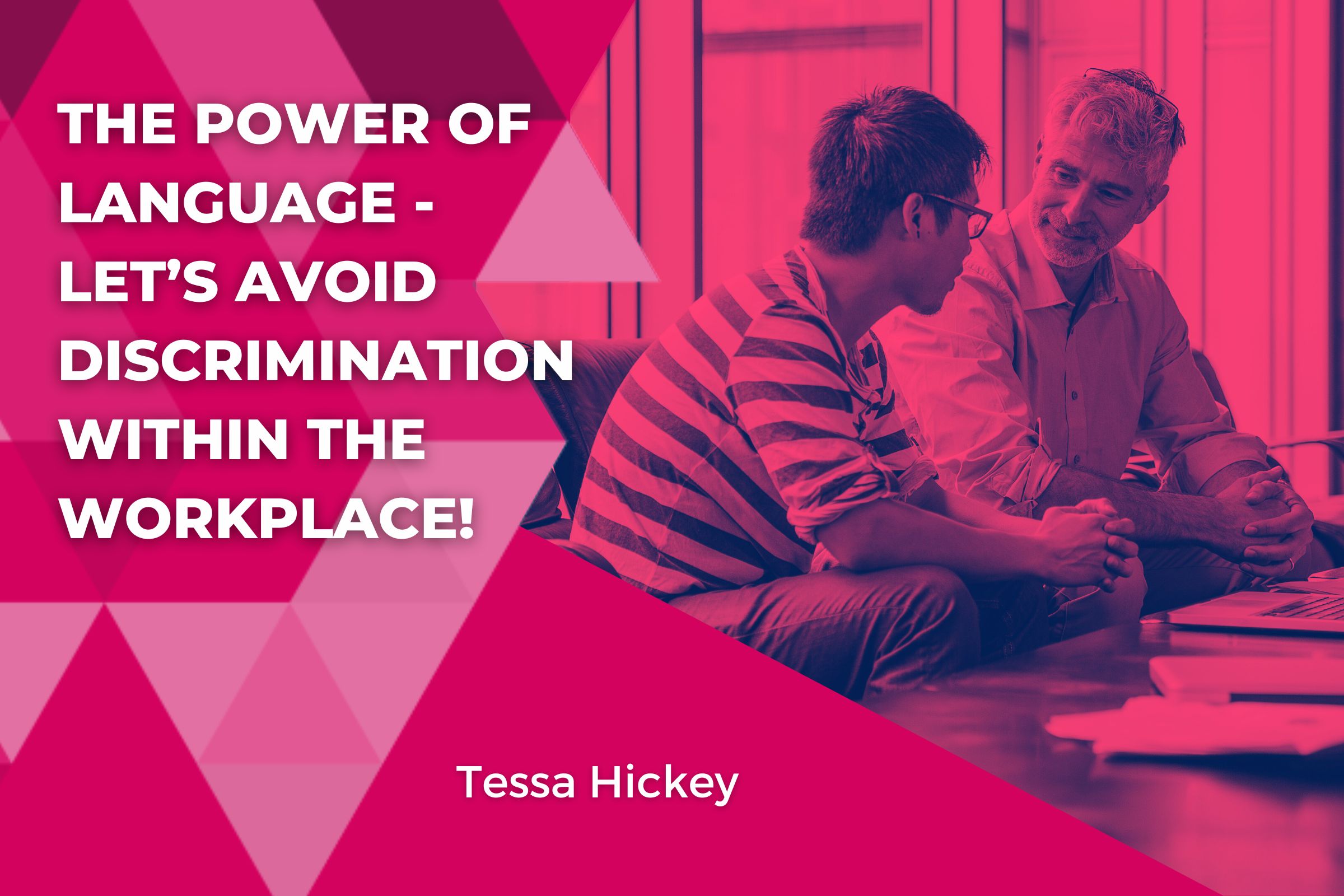
It’s just a joke! It was just a passing comment! It was intended to be a compliment!
Words can have a powerful effect and it is important to note that comments made as a ‘joke’ or even if intended to be a so-called compliment can create a hostile work environment if they are uninvited and inappropriate. For example, gendered language can reinforce stereotypes and ageist language can have the effect of devaluing older employees.
Discrimination law (Equality Act 2010) protects people against discrimination at work. There are different types of discrimination, including harassment and victimisation. It is possible for the use of words to play a factor or amount to discrimination in the workplace where they are based on the 9 protected characteristics narrated within the Equality Act 2010. The 9 protected characteristics include race; sex, disability; age, gender reassignment, marriage and civil partnership, pregnancy and maternity, religion or belief and sexual orientation.
Overtime, there has been a development of cases that have highlighted the important role of words and how they can amount to discrimination within the workplace. Demonstrating the impact that words have is the recent case of Hinds v Mitie Ltd ET/3322885/2021. This case demonstrated how stereotypical comments about pregnancy can be seen as evidence of discriminatory practices in work. In this case a pregnant employee was called ‘very emotional and tearful’ and the tribunal found that this use of language demonstrated her boss had stereotyped her as ‘an emotional, hormonal, pregnant women’ and that in the circumstances this was belittling and dismissive. This was factor in the ruling that there was in fact discrimination against the employee.
There are several simple ways for employers to minimise and avoid such discrimination through setting clear policies such as a zero-tolerance policy of workplace bullying and harassment. Additionally, regular staff training can help educate employees and employers on issues they may not be aware of. Promoting professionalism within the working environment is a helpful method to create a non-discriminatory and non-hostile work environment.
If you think you've been harassed at work or if there has been a harassment issue that you have seen or heard at work, you should first raise the issue with your employer. If you're an employer, you should take any complaint of harassment very seriously and look into it as soon as possible and follow a full and fair procedure.
Some tips for helping you stay on the right side of the law include being mindful of stereotypes. This can be demonstrated through challenging assumptions about people based on their characteristics and using language that is inclusive, for example address people by their preferred pronouns and avoid using gendered terms in the workplace!
Managing employment matters in the workplace can be challenging, but you do not have to face it alone. Our experienced Employment Law specialists are here to guide you through these challenges. You can count on us whether you need a review of your current policies and procedures and/or appropriate letters drafted concerning suspension or other employment matters. We understand that every organisation is unique and are committed to providing tailored solutions that can make a real difference. If you are looking for more than just great law, we invite you to contact us today at 0141 221 1919. We are always available to help.














